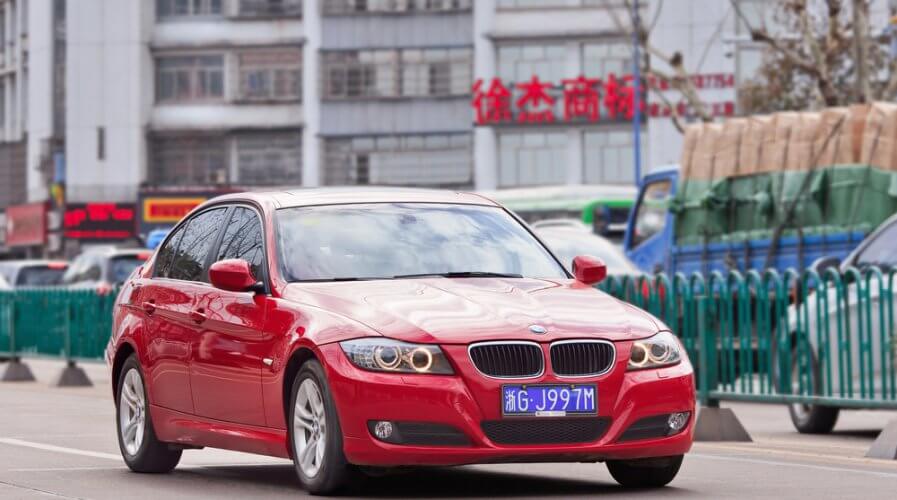
BMW is moving into Chengdu with ride-hailing services. Source: Shutterstock
Why BMW asked China for a ride-hailing permit
TRANSPORT authorities in Chengdu, the capital of the Sichuan province in China, have awarded BMW with a license for a ride-hailing business.
BMW’s subsidiary, BMW Mobility, is the first global carmaker to be awarded such a permit — which allows it access to the “world’s largest mobility market”.
However, the real question is, why did BMW ask China for such a permit in the first place?
The German engineering company has access to most major markets in Europe, Asia, Africa, the Middle East, and even North and South America — but it decided to focus on China.
In fact, according to some experts, BMW will be entering an already saturated ride-hailing/online-booked taxi market which is facing regulatory and public pressure to reduce margins, raise driver wages, and improve safety.
Compared to other markets where it would compete with Uber, Lyft, Grab, and Ola — and possibly have the upper-hand filling a gap in the ride-hailing market’s luxury category — the German automaker chose China.
Further, with the merger of Grab and Uber in Southeast Asia, the region would have been another great opportunity for BMW, helping it break the monopoly that Grab has currently established and instantly win over a segment of the market.
On the surface, it seems like a bad idea for BMW to have entered China’s ride-hailing market, especially at this time.
However, on taking a closer look, it seems as though China is a hot market for every ride-hailing company, and now is the best time to make a debut.
According to a survey by Bain & Company quoted by the SCMP, China has become the world’s largest mobility market after fourfold growth over the past three years.
The survey found that 62 percent of respondents in mainland China hail rides online, compared to 29 percent in Germany and 23 percent in the US.
Further, it seems as though Chinese automakers too believe now is the right time to enter the ride-hailing market.
Chinese state carmaker Shanghai Automotive Industry Corporation and Hangzhou, Zhejiang based automaker Geely have both taken a plunge into the ride-hailing market in China after studying the opportunities ahead.
For now, Didi Chuxing holds 90 percent of the ride-hailing market — but there are new players who have recently entered the market such as Meituan Dianping, Dida Chuxing, Shouqi, and UCAR.
BMW, with its beautiful vehicles, its reputation for luxury and comfort, and its ability to deliver a delightful digital experience seems perfectly positioned to win over a segment of the market in China when it launches next month.
READ MORE
- Strategies for Democratizing GenAI
- The criticality of endpoint management in cybersecurity and operations
- Ethical AI: The renewed importance of safeguarding data and customer privacy in Generative AI applications
- How Japan balances AI-driven opportunities with cybersecurity needs
- Deploying SASE: Benchmarking your approach




